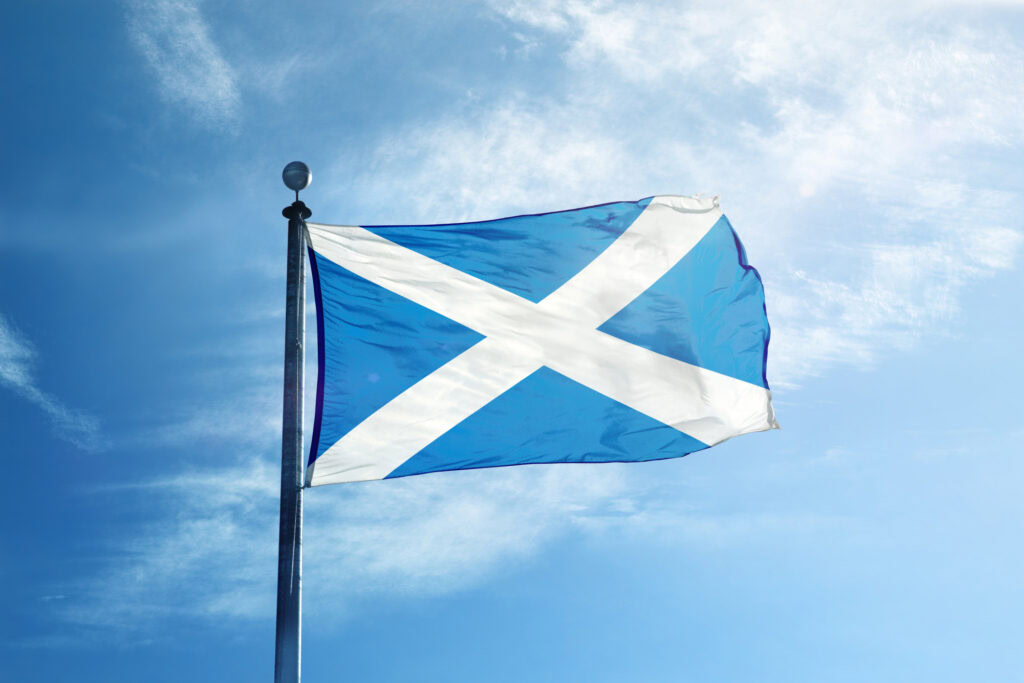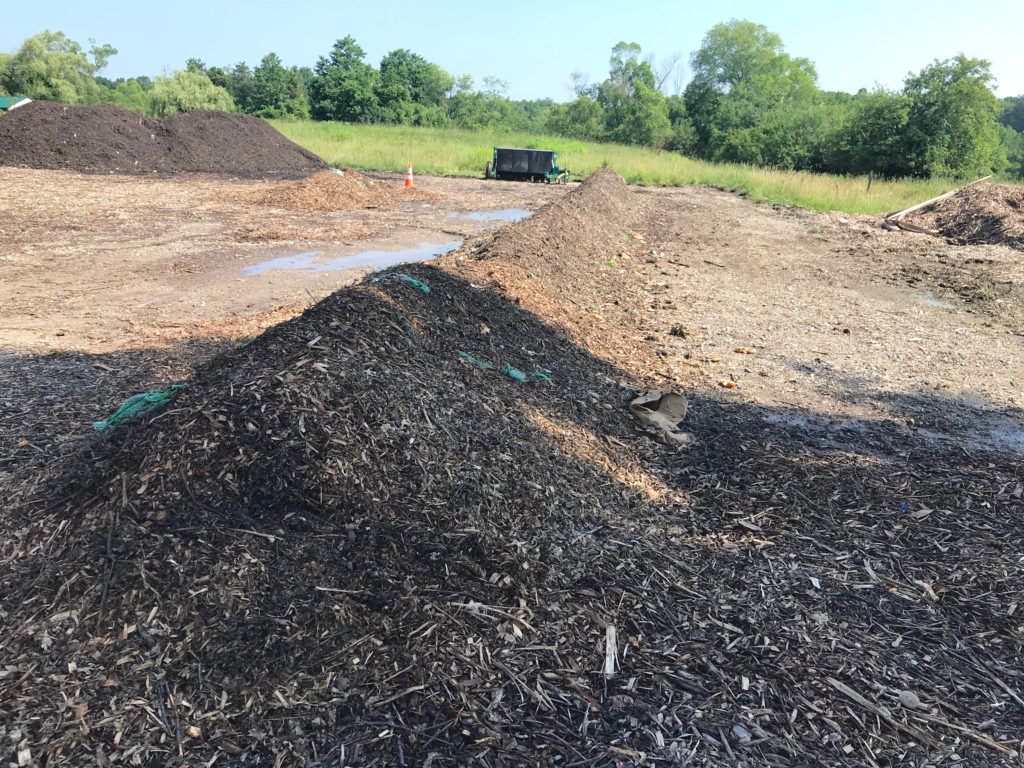The note of alarm about exports of waste electrical and electronic equipment came as the Agency also highlighted a change in tack on the way it regulates exports of commingled material. But, in contrast to WEEE, the Agency considers that MRF material exports have improved in quality since 2006.
As many as 75% of the waste electronics sent are not suitable for use
John Burns, Environment Agency
Electrical
Speaking at an event in Birmingham on materials recycling facilities, John Burns, project manager for the Environment Agency, pointed to exports of electrical items as being much more of a problem than the illegal export of commingled material.
He said that waste electrical and electronic equipment (WEEE), as well as waste from end of life vehicles, are priority areas for the Agency.
Mr Burns declared: “waste EEE is leaking out of the legal waste chain and it is important that we control this illegal trade more effectively. In the case of exports to the Far East and Africa, as many as 75% of the waste electronics sent are not suitable for use and many are cannibalised for their parts in very poor conditions.”
Mixed recyclables
On MRFs Mr Burns conceded that there “are still traders in destination countries who will buy mixed recyclables. It is important to remember that even if the customer says they will accept it, the EU says this must be a single waste. If it is not properly sorted or is contaminated then it cannot be exported under green list controls.”
The official emphasised that “quality is absolutely key and it is likely that if you don't get it right, this won't be considered as green list waste.”
Giving export figures which showed more than 11 million tonnes of waste material being exported for recycling in 20007, Mr Burns said this represents more than 10% of exports from the UK.
In terms of MRF regulation, he pointed to a change in approach saying that rather than concentrating on ports, where as many as 100,000 containers are involved, the focus would be on facilities. “We will be taking a close interest if the output is of poor quality. My overall impression is that the quality of output at MRFs has improved since our port projects in 2006.”
Standards
Asked by Bruce Terrell of Atlantic Waste Paper about how analysis of exports can be achieved without standards, Mr Burns said: “In the Agency we have agreed what we shold be striving for is no contamination whatsoever.”
Mr Terrell responded: “Anyone in the waste industry will you that zero contamination is not possible although it may be a good political aspiration.”









Subscribe for free